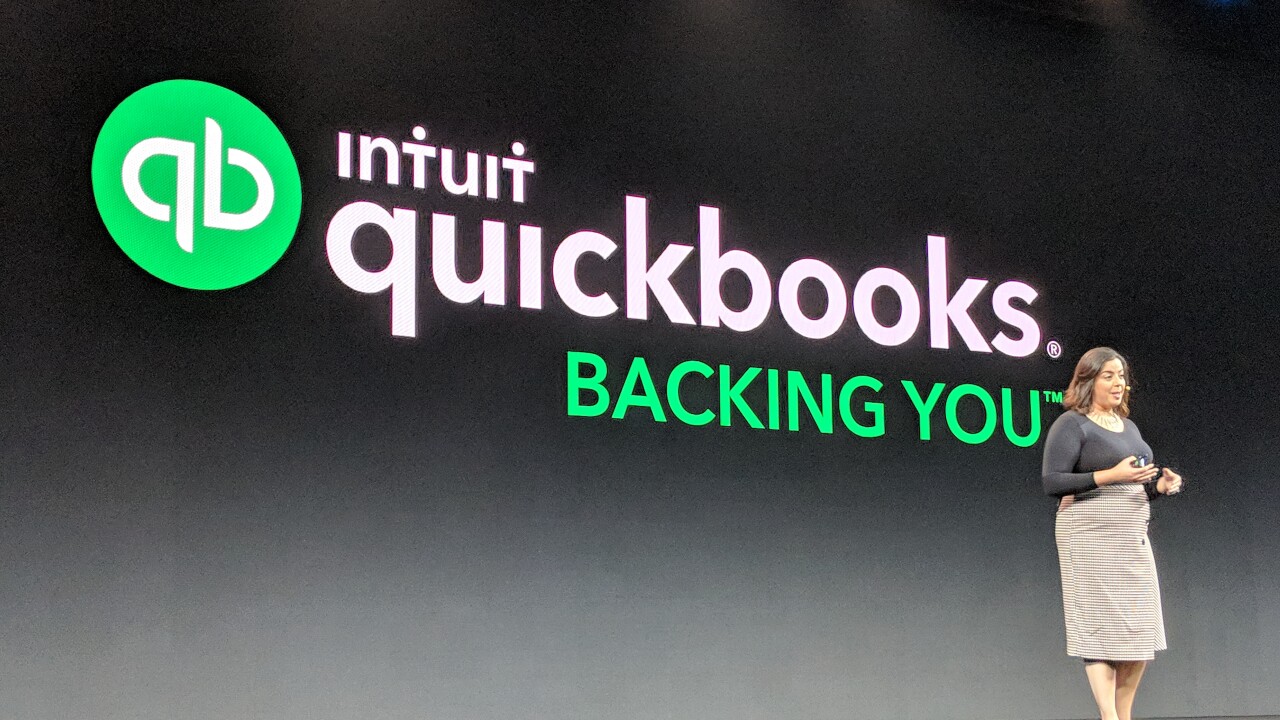IMGCAP(1)]It’s Saturday. You’re on your way to your child’s dance recital. While en route, you have a moment of doubt. Did you pay your electric bill?
If you’re like most people, you turn to a mobile app to get the answer. A couple of clicks and you have what you need. The whole process takes less than 30 seconds. You can even pay the bill if you need to – again with a few clicks.
It’s barely a blip on your radar, and your day continues as planned.
Businesses also no longer need to be tied to a physical office to be productive. Smartphones, mobile apps and widespread Internet access have transformed how businesses operate. Businesses and individuals – your clients and prospects – expect to be able to get the answers they want on-demand no matter where they are.
It’s the age of cyber-mobility – for you, your practice and your clients – and firms that can’t adapt will lose a competitive advantage.
The Evolution of Mobility Rests on Apps
Apps are the mobility cornerstone. And they’ve come a long way in less than a decade.
In the olden days (before 2008), mobile app choices were limited to checking emails or stilted games like Snake or Tetris.
Now, not even a decade later, mobile apps are ubiquitous. Smartphones lie nearby at all times in purses, pockets or palms. Apps allow users to communicate, schedule, share, and organize their lives and experiences.
According to
There are numerous accounting-related apps available that offer the ideal combination of security and mobility.
Why You Should Adopt Mobile Apps for Your Practice
First, introducing mobility through apps makes your work life and your clients’ lives easier.
Today’s businesses are no longer tied to a physical office. Entrepreneurs and business owners successfully run their businesses from a multitude of locations including home, co-working spaces, coffee shops and on the road. This flexibility also extends to personal lives. Business owners might not work the traditional 9-to-5 hours, opting instead to take time out during the day to see a child’s swim competition or run errands. As a result, these same individuals may work later into the evening or adopt very early morning hours – hours you may not be working yourself (or want to).
Introducing the ability for your clients to access the accounting information they need when they need it from their mobile devices gives them the answers they want immediately. Depending on the app, this information can include payment information, cash flow status, bank balances, bill payment activities and more. Clients no longer have to call or email and wait for a reply. They can also perform these tasks without sitting in front of a PC or laptop.
This, in turn, translates to less administrative-level communications performed by your practice – saving you time and money. And it introduces a level of transparency to your operations and your clients’ financial performance. No longer is business conducted “behind a curtain” with general updates or client responses to show progress. Now clients can access that information and ascertain for themselves a status or see if items need attention.
Second, mobility enables you to elevate your role and build “stickier” client relationships.
Think of it this way: Do a bulk of your client communications focus on daily/monthly tasks or reminders? Or do you feel as if you contribute at more of a CFO level to help your clients apply strategic direction to reach their financial goals? Your conversations should mostly be about long-term goals and how your clients can reach them, as well as insights they may not have considered beforehand.
When you use mobility to offer clients greater transparency, you’re also eliminating the majority of administrative-level tasks from your client dialogue. You’re setting the stage for long-term, strategic partnerships. You’re adding client value and differentiating yourself from other firms.
How to Get Started
Introducing mobility into your practice doesn’t have to be a daunting task. Start by examining the low-hanging fruit. Do you currently work with any cloud-based accounting solutions? If so, do they offer mobile apps that might be useful to your practice while also offering controlled access to your clients?
If your practice does not use any cloud-based solutions, take a strategic look at your firm to determine what solutions would help. For example, will adopting a bill-pay cloud-based solution – and its app – significantly trim down internal administrative tasks (like check runs or running down approvals)? Will it offer greater transparency to your clients and/or allow your firm to offer new services?
When searching for options, here’s where you can get good advice. First, ask your peers. Accounting professionals at comparable firms – or firms that are technology leaders – can provide valuable insight into introducing mobility into your practice. Second, ask your clients. Turn to clients you have strong relationships with. Ask if there are areas of your practice they think can benefit by going mobile. Finally, you can turn to cloud technology consultants or providers to learn about industrywide adoption and address common questions about introducing mobility into your practice.
Tanya Roberts is vice president of corporate marketing for





